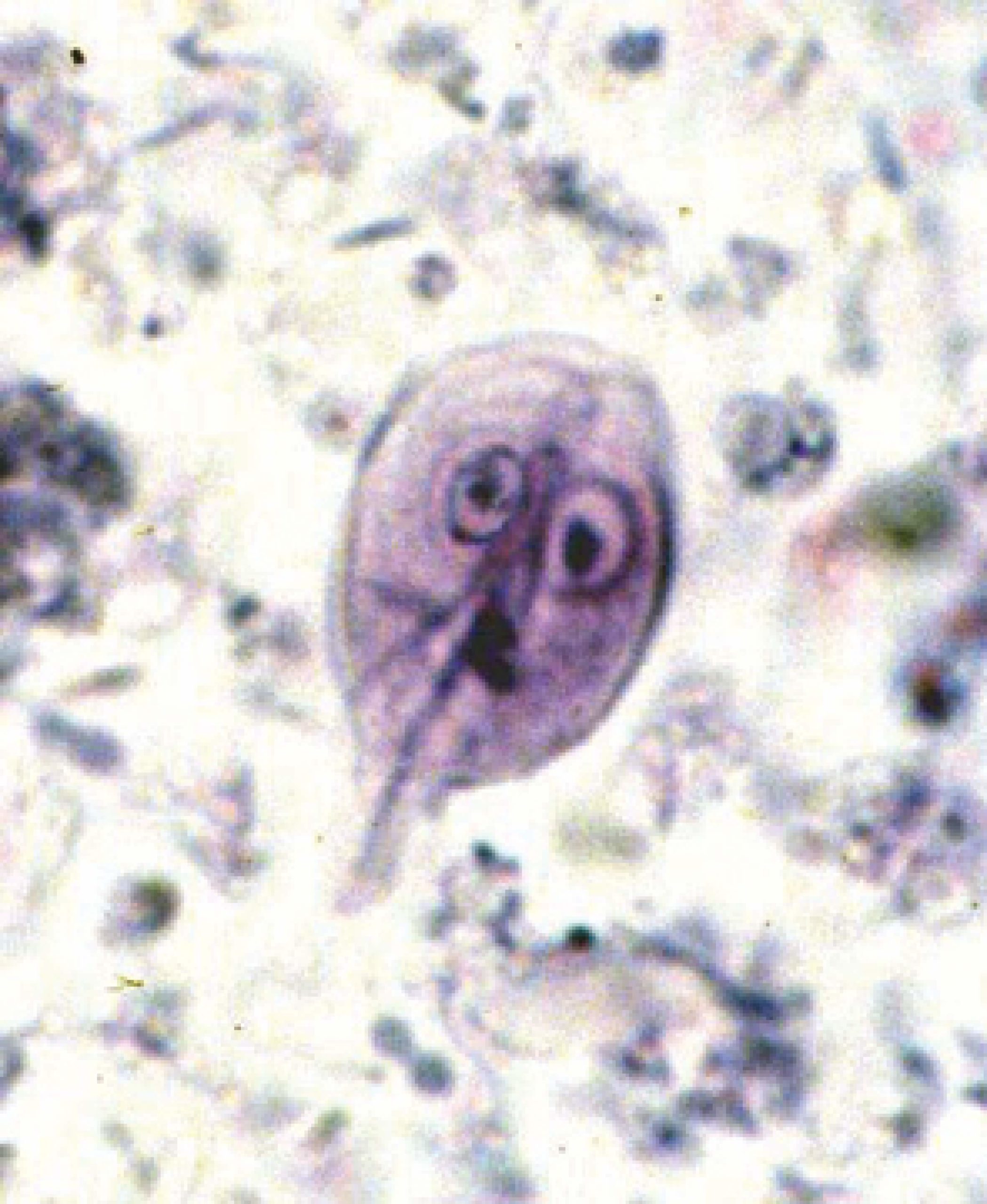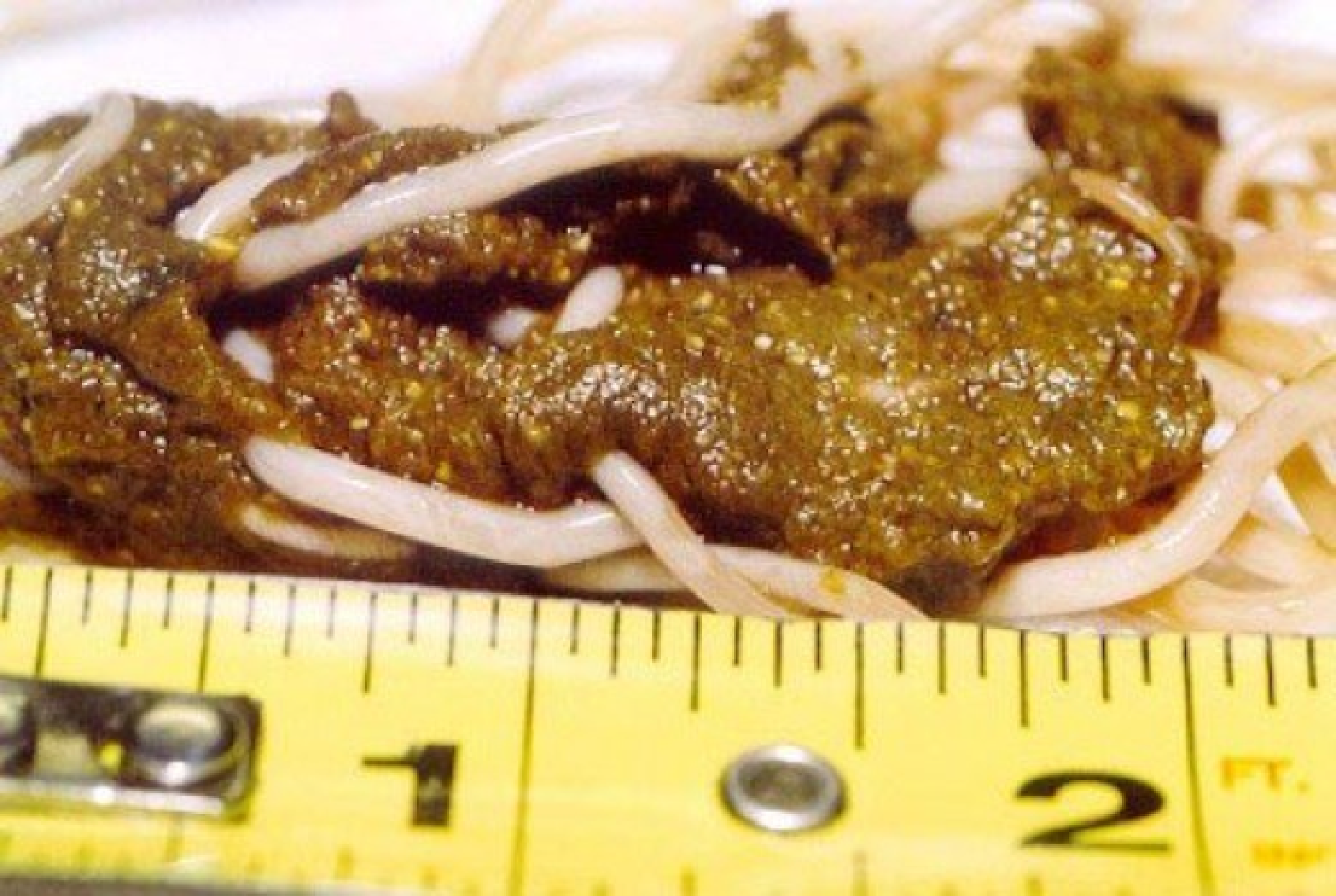Monthly Doctor’s Blog: Intestinal Parasites

Every month, the doctors of AtlasVet write a blog post to help pet owners with common questions
This month, Dr. Brittany Cartlidge answers common questions about Intestinal Parasites!
I see worms in my pet’s stool, what do I do?
There are two kinds of worms that you can see with the naked eye in the stool, tapeworms and roundworms. Tapeworms look like grains of white rice and roundworms look like spaghetti (Sorry for the food analogies everyone). An additional gross fact is that roundworms can be seen in vomitus. Contact your veterinarian’s office if you see visible worms as they may recommend bringing in a fecal sample for testing (as different treatment protocols are done based on what parasite is present) and/or prescribe deworming medications.
Why did the fecal test come back negative if I saw actual worms in the stool?
This happens with tapeworms because the eggs and tapeworm segments are heavy and fall out of solution when the fecal material is diluted and examined under a microscope. Direct visual examination of the stool is usually sufficient for diagnosis. Dogs and cats get tapeworms from eating a flea. Treatment of both the tapeworms and fleas is recommended to get rid of the issue.
My pet does not eat poop. So how could they have gotten worms?
Dogs and cats can pick up intestinal parasites from grooming their fur that has microscopic eggs or cysts from the soil (that was contaminated with stool). They can also pick something up from grooming another animals perianal area or drinking water that has Giardia cysts in it. Predation (eating mice/rats/birds) is another possible route. Lastly, young puppies and kittens can be infected from their mother.
How can my pet have intestinal parasites if their stool is normal? (ie no diarrhea)
There are several factors at play to determine if an intestinal parasite will cause observable signs of disease including the worm burden (amount of the parasite present), any underlying medical issues your pet may have, their age and their individual metabolism. The parasite itself also makes a difference. For example, tapeworms rarely cause diarrhea. Coccidia and Giardia can be found incidentally on routine fecal tests as well.
My vet said my pet tested positive for giardia. What is giardia?
Giardia is one of the most common intestinal parasites in DC. It is a protozoal parasite that is only visible microscopically. The really annoying thing about Giardia is that it can exist in a cyst form which allows it to live outside the host, contaminating the environment and waiting to infect another host. Contaminated water is a common source of Giardia infection but pets can also get Giardia by ingesting the cysts while grooming their haircoat.
Are human family members at risk if one of our pets has intestinal parasites? What about other pets?
Transmission to a person is extremely unlikely but not impossible. A person would need to eat a flea to get infected with the same species of tapeworm that dogs and cats get. People can get Giardia but it is uncommon for them to get it from their dog or cat. Young children can be infected with roundworms if they ingest the affected pet’s fecal material or material contaminated with fecal material. Hookworms can penetrate the skin of humans and cause a condition called cutaneous larval migrans, which causes really itchy skin lesions. Prevention for humans can includes covering your skin with shoes and gloves while gardening and covering children’s sandboxes when not in use to prevent fecal contamination from roaming cats.
As to the other pets in the home, it depends on the species of the pet, what parasite the pet is infected with and what level of interaction they have at home. Ask your veterinarian for further guidance about treating your other pets if one of your pets is diagnosed with an intestinal parasite.
What about heartworms? Can this be picked up on a fecal sample?
Heartworms are not an intestinal parasite and your veterinarian needs a blood sample to test for heartworms. Dogs (and much less commonly, cats) are infected with baby heartworms (called microfilaria) from a mosquito bite and as the worms mature, they infect the lungs and heart. Heartworm disease is a serious, life threatening infection, so monthly, year round heartworm prevention is advised for dogs and cats who go outside.
What else should I know about intestinal parasites?
Intestinal parasitism is very common and usually not serious so don’t panic. Make sure to pick up your dog’s poop to lessen contamination of the environment in DC. Heartworm and flea preventions also prevent some, but not all, intestinal parasites so follow your veterinarian’s guidance about what they recommend for your pet to keep them parasite free.



